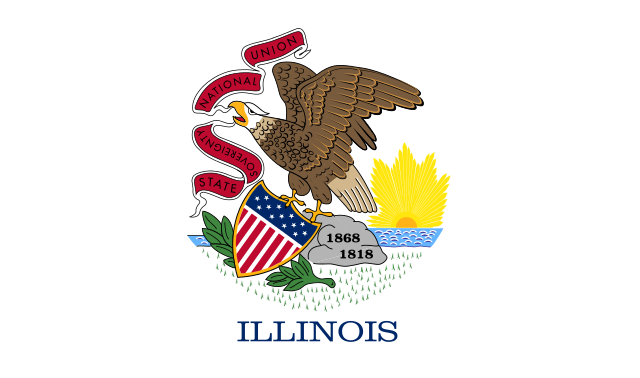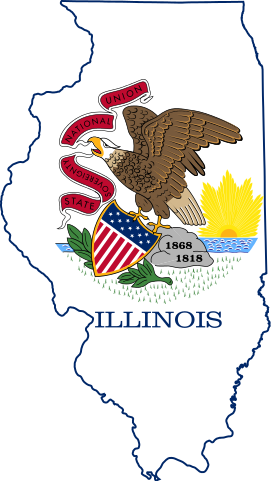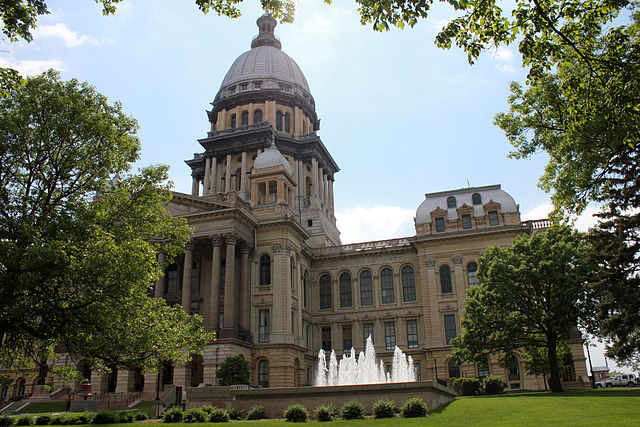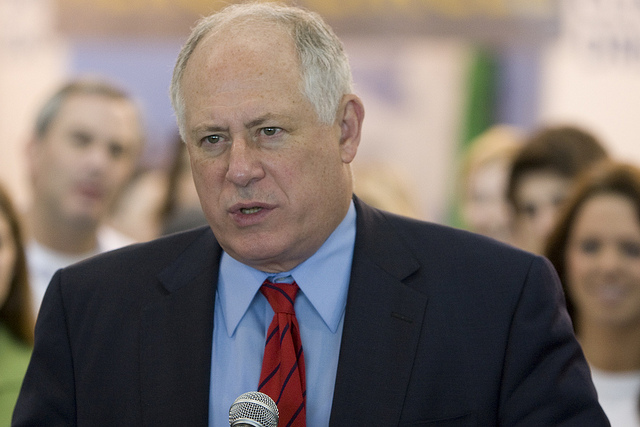 Illinois’ Attorney General on Thursday requested that the state supreme court hold hearings on the state’s pension reform law as soon as January and no later than March.
Illinois’ Attorney General on Thursday requested that the state supreme court hold hearings on the state’s pension reform law as soon as January and no later than March.
From Reuters:
Attorney General Lisa Madigan filed a motion to accelerate the state’s appeal of a Nov. 21 Sangamon County Circuit Court judge’s ruling that the law aimed at easing Illinois’ huge pension burden violated protections in the state constitution for public worker retirement benefits.
“A prompt resolution of those issues is critical because the state must either implement the act, or in the alternative, significantly reduce spending and/or raise taxes,” the motion stated.
At stake is an approximately $1 billion cut in Illinois’ contribution to four of its pension systems in fiscal 2016 under the law. Republican Governor-elect Bruce Rauner, who takes office next month, has a Feb. 18 deadline to present a budget to the Democrat-controlled legislature, which has until May 31 to pass the spending plan with simple majority votes. A three-fifths majority vote on bills would be needed after that date to have a budget in place by July 1, the start of fiscal 2016.
[…]
The reform law was enacted in December 2013 to help save Illinois’ sinking finances. It reduces and suspends cost-of-living increases for pensions, raises retirement ages and limits salaries on which pensions are based. Employees contribute 1 percent less of their salaries toward pensions, while contributions from the state, which has skipped or skimped on its pension payments over the years, are enforceable through the Illinois Supreme Court.
Illinois had $104 billion of unfunded pension liabilities at the end of fiscal year 2014.




